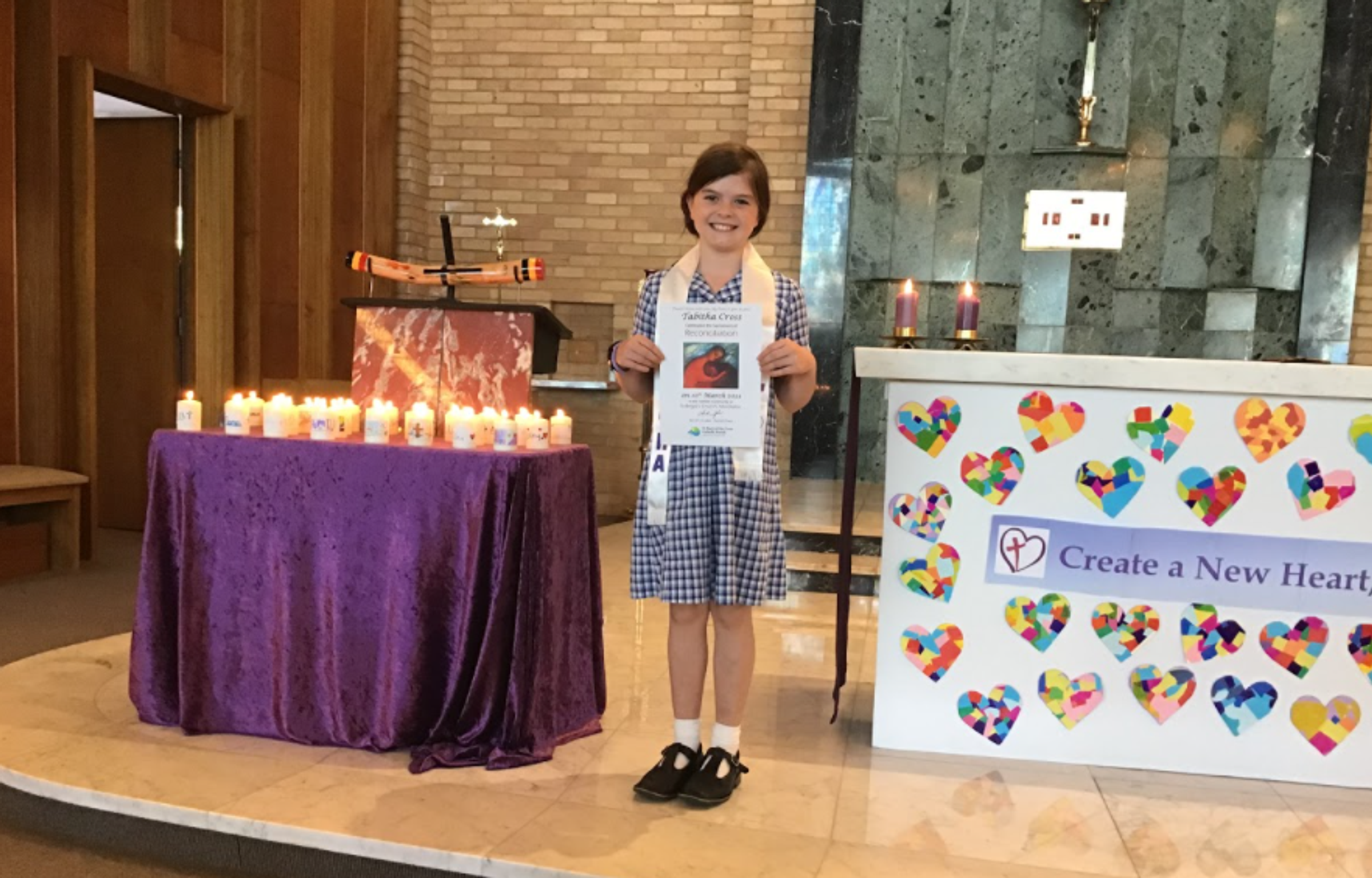Curriculum News

English
Reading and Viewing
This term we will continue with our weekly reading foci. In our whole group daily sessions of introducing and exploring different texts hardcopy and digital, we will be using the Strategies of CLOSE reading where we will look at unknown words to better understand the text, main idea of the text , summarise the main points, what connections the children can make with the text and what is the purpose of the text.
In reading groups, the students will use Fountas and Pinnell leveled texts to work on comprehension strategies about, within and beyond the text.
Writing
This term students will focus on writing to persuade and writing to explain as it also supports the literacy need of our science units. We will be adapting the Seven Steps to Writing approach for persuasive writing. For each text type we will look at the different structures and language features specific used in creating the text as well as noting purpose.
Speaking and Listening
The students will be given opportunities to listen and contribute to conversations and discussions to share information and ideas. In collaborative groups students will also plan and deliver short presentations on given topics. Students will be required to be active listeners and respectfully responding to the work of others.
Maths
Number and Algebra
This term we will be focussing on multiplication and division. We will develop efficient mental and written strategies and use appropriate digital technologies for multiplication and for division where there is no remainder.
We will extend our understanding of fractions and decimals. We will be partitioning areas, lengths and collections to create halves, thirds, quarters and fifths. We will also explore the relationship between families of fractions (halves, quarters and eighths or thirds and sixths), creating equivalence. Students will also explore the relationship between fractions and decimals.
Measurement and Geometry:
In Measurement and Geometry students will measure, order and compare objects using familiar metric units of length, area, mass and capacity. We will also be looking at Chance where students conduct experiments, identify and describe possible outcomes and recognise variations in the results.
Area and Perimeter
In this unit we will be measuring the area of rectangles (including squares) by counting the number of square centimetres, using grid paper. We will also be comparing areas using metric units by overlaying the areas with a grid of centimetre squares. The students will also calculate the area of shapes using the formula.
Inquiry/Religion
This term our host area for Inquiry is Chemical Science. Through the first mini unit called Water to Ice to Water the students will investigate the three States of Matter. Through our overriding concept of change they will explore how adding or removing heat results in changes in matter. This change is either physical or chemical - reversible or irreversible.
In the second part of the term the students are exploring Materials in our World.
New materials have revolutionised modern life. Lighter, stronger, warmer fabrics have made extreme weather conditions more comfortable. Designers incorporate new materials in clothes and bags to better suit our needs. We will explore the different raw materials used and the process in creating the final product. Students will learn about different materials and their properties. From a sustainability view they will be asked to apply this knowledge to reuse materials to design and create something that can be worn or used. We will be brainstorming ideas collectively at school and the children will be able to use one of the ideas or create their own.
Vocabulary
matter, particles, solid, liquid gas, evaporation, condensation, freeze, heat, melting, temperature, reversible, irreversible, change, materials ,physical properties, natural, manmade, processed, synthetic fair test, plastic, wood, glass, synthetic, environment, recycle, reuse, sustainable, fabric, wool
Eucharist/Change
Students will begin the term with exploring the four parts of the Mass - the Introductory Rites (when we gather), Liturgy of the word ( we listen to the word of God), Liturgy of the Eucharist (we share a meal together), and the Concluding Rite (we leave and share the Word of God). We will compare the celebration of the Eucharist with other times we come together to celebrate and share a meal. The theme of change will be interwoven throughout to link with our Inquiry unit. This will be done looking at stories from the bible such as the Last Supper where we see the bread and wine become the body and blood of Christ.
Social & Emotional Wellbeing
The Wellbeing focus for this term is Positive Focus Strategies where the students identify and explore the expression of emotions in social situations and the impact on self and others. The students will explain the consequences of emotional responses in a range of social situations, suggest strategies for coping with difficult situations and demonstrate strategies that help them stay safe, healthy and active at school, home and in the community.
